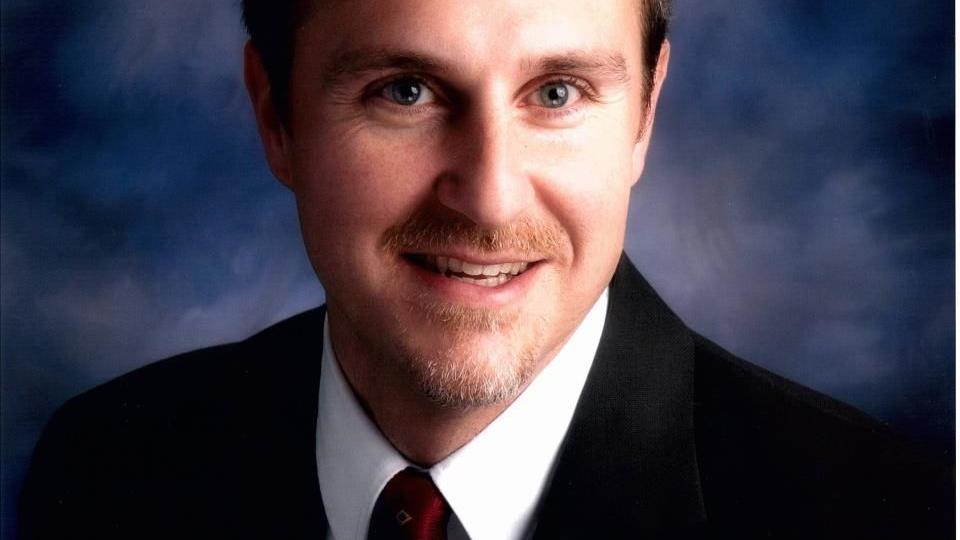Well, there are changes, but not nearly so bad as most people believe. Yes, there are memory slips but although forgetting the name of someone you met 10 years ago, or yesterday, or where you put the phone or the car keys, is annoying, they are not the signs of early dementia: they are the normal consequences of ageing affecting the filing systems, and can be managed. We now know that many of the problems attributed to ageing are the result of the design of the instruments used to measure intelligence in different age groups, which give priority to speed of decision-making. Pub quizzes may require rapid decision-making, but how important are they in the great scheme of things? Harvard Medical School’s information pack on cognitive fitness is clear that “the brain compensates for a slower processing speed by using more of itself… At midlife you are probably better at inductive reasoning, verbal abilities, and spatial reasoning”.
Experience, the name we give our mistakes, as Oscar Wilde described it, is crucial – as illustrated by Angela Merkel, approaching the magic three score and 10 as sharp as ever, and experienced politicians and public figures from Pope Francis to David Attenborough, or Her Majesty. Some older politicians who have not done so well may have failed not because of chronological age, but because they have increasingly surrounded themselves with people who agree with their every move and decision, whereas it is challenge that is needed.
Challenge is key to preserving brain fitness or cognitive reserve and it is now appreciated that even a so-called high powered job – and over-70s make up seven per cent of business leaders and senior officials in the UK – does not provide the same challenge as the brain gets in the first 20 years of life. Retirement is a new phase in life in which people need to find new challenges, and maintain a strong sense of purpose, on the assumption that they will reach their 90s.
A bit of luck is also required to avoid the diseases that cannot be prevented, notably Parkinson’s and Alzheimer’s, but it is now recognised that the risk of dementia can be reduced by at least a third (as estimated by the Lancet Commission) by reducing stress, improving sleep and avoiding overuse of drugs, both prescribed and self-prescribed. There is also strong evidence that all that we know about preventing heart disease, including physical activity, reduces the risk of vascular dementia.
Perhaps most interesting of all is the recognition of the risk of isolation and the benefit of social engagement, ideally in paid or voluntary work – the more challenging the better – thanks to the brain’s enduring potential for neuroplasticity. Being on the committee of any voluntary organisation can be at least as challenging as being the chief executive of a company.
There are many examples of people in the performing arts well into their 70s and 80s and when they did retire – Anthony Horowitz at 84, and Arthur Rubinstein at 89 for example – they did so at least as much because of the boredom of traipsing from city to city and hotel to hotel as because of failing brain capacity.
So what can be done in this Extra Time, the title of the recent book by Camilla Cavendish, which highlights the importance of Ikigai, the Japanese concept of purpose? It is now understood that senescence is relatively unimportant compared with the effects of loss of fitness, disease (much of it environmental and preventable) and negative thinking. I could see the impact in my own life, growing up in coal black fogs of Glasgow before the Clean Air Act and whatever caused my heart attack seven years ago. I kept myself reasonably fit but have spent five decades sitting in cars, in meetings and at computer screens. I know that with every year and every new diagnosis one should increase activity, and the Optimal Ageing Programme was set up in Oxford in 2015 to start the revolution.
Ageist beliefs and attitudes mean that younger people think that the best thing to do for older people is what was called “care” in the 1948 National Assistance Act, namely doing things for people instead of enabling them to regain the strength, skill and suppleness to do those things for themselves.

